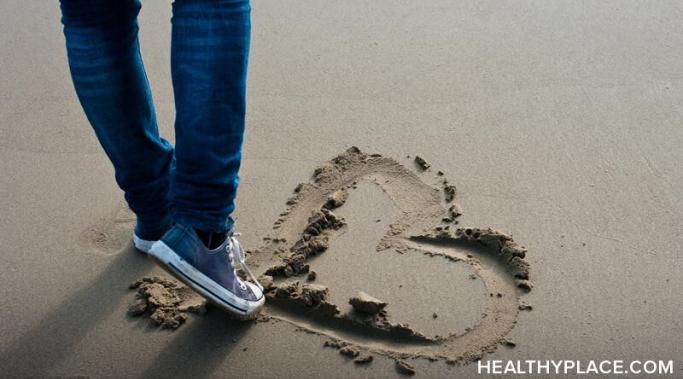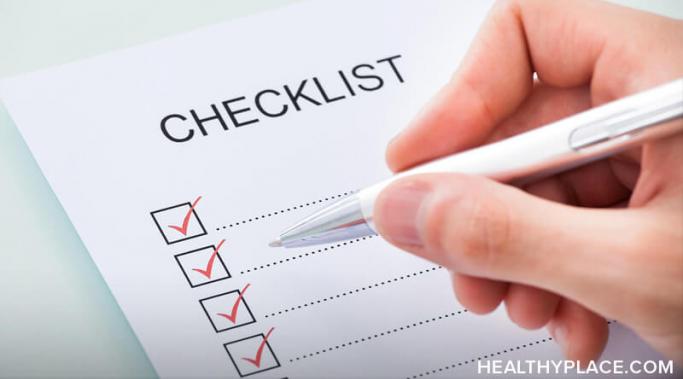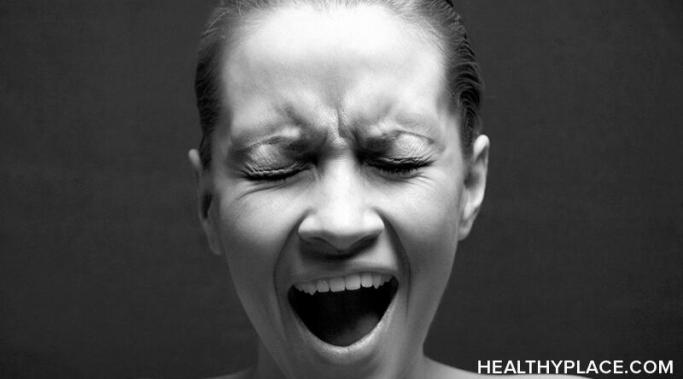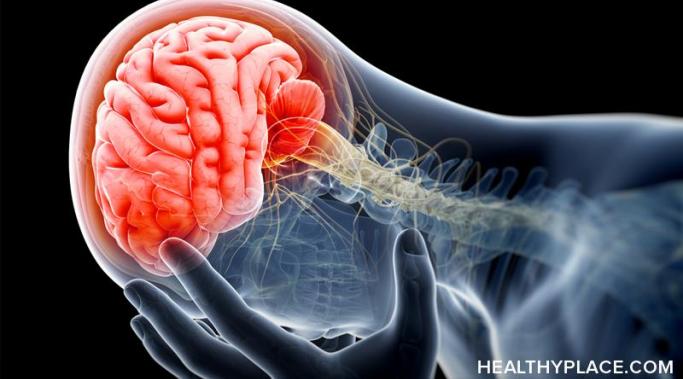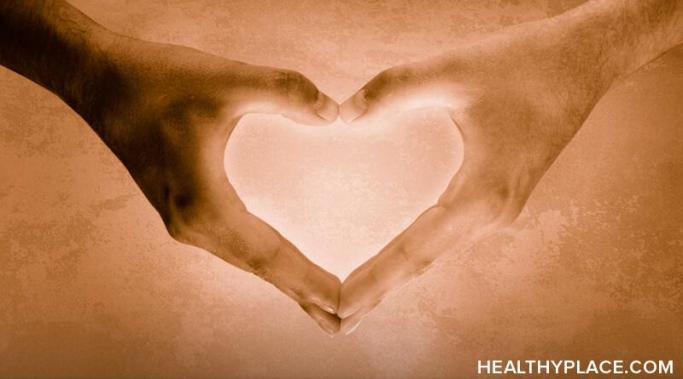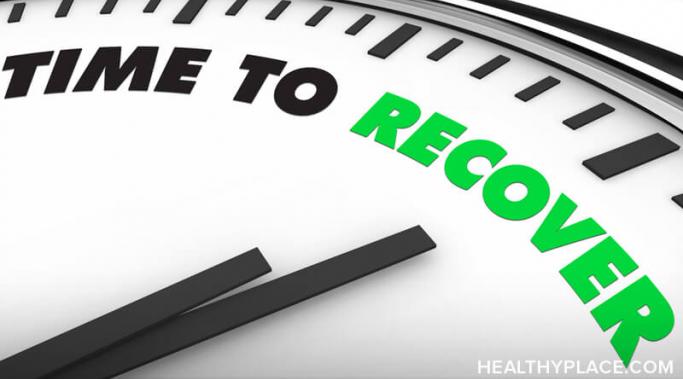As much as I would rather overlook this step in the healing process, I cannot deny that self-forgiveness is a powerful tool in eating disorder recovery. It pains me right down to my core when I remember just how much I hurt both myself and those I love most in that dark, miserable season of life when my eating disorder had all the control. I take no pleasure in those memories, but I need to forgive myself for them nonetheless.
Surviving ED
The phrase "new year, new you" is all over the place right now. From social media posts, to news outlets and blog articles, to conversations with friends or family, to marketing tactics from wellness brands, it often seems I can't escape this message once January rolls around. But while the concept might sound positive in theory—a chance to start fresh and reinvent oneself—the truth is, this "new year, new you" mantra doesn't work for me in eating disorder (ED) recovery. I also suspect I'm not alone in that feeling, so let's unpack it further.
Confession: I have felt internally out of control during the past month, and as I have come to learn about myself, this perceived lack of control can activate my eating disorder habits. To be fully transparent here, I'm not sure what to do about this recurring behavioral pattern in my life, but for right now, I just need space to acknowledge it. I will undoubtedly examine it through a curious, in-depth lens with my therapist in this week's counseling session. However, at the moment, I have to be truthful about the reality that this lack of control I feel is threatening to activate my eating disorder habits.
With the start of another new year just around the corner, you might have some questions about how to set eating disorder recovery resolutions for 2022—and that's completely understandable. In the past, the tradition of making New Year's resolutions was often associated with strict body-conscious goals, such as "to exercise more frequently," "consume a healthier diet," or "lose the 'holiday pounds.'"
It's been several years since the last time I suffered through the holidays with an active eating disorder, but I can still remember just how visceral that sense of overwhelming panic used to feel in this season. Back then, I wasn't intentional about self-care whatsoever, so in years past, I tried to either dissociate from my body to escape all the discomfort within me or punish my body to restrain the fear of being out of control. But now that I am firmly resolute in my commitment to eating disorder recovery, I choose a third option, and it's the choice I will extend to you as well. Please be kind to your body this holiday season.
Eating disorder recovery during life transitions can present a real challenge. As this final stretch of 2021 rounds the corner and another new year looms on the horizon, the inevitability of transition is at the forefront of my mind. But while this idea of change can often bear a negative connotation and cause stress levels to escalate, the change itself doesn't always have to bring chaos, fear, anxiety, or upheaval into your actual lived experience.
In many cases, eating disorder behaviors can be fueled by cognitive distortions. These irrational thought patterns could influence you to latch onto a negative and inaccurate view of yourself, a situation, a relationship, or life as a whole. But cognitive distortions only have power if you allow them to take root, which means that you can learn to spot cognitive distortions—and ultimately combat them—in eating disorder recovery.
Thanksgiving is not my favorite holiday—not even close, in fact. As someone who was raised in a large, boisterous, Italian American family, I understand the importance of seasonal traditions, quality time with loved ones, and communal expressions of gratitude. But as someone who is also in eating disorder (ED) recovery, the overt emphasis on food this time of year can still cause ripples of anxiety to surface. So, as another holiday season rounds the corner, I want to share with you a list of ED recovery affirmations to remember on Thanksgiving. I often repeat them to myself when I feel overwhelmed or anxious during the festivities, and I hope these affirmations calm and re-center you as well.
Why am I, a queer woman of mostly European descent, talking about the movement to decolonize body image? The answer is simple: because it matters—therefore, it must be talked about. In the United States, November is recognized as National Native American Heritage Month, which makes this as ideal a time as any to further the conversation.
Confession: I'm hesitant to use the "trigger" label at this juncture in my eating disorder (ED) recovery. To be clear, though, as someone who has been part of formalized treatment communities for the past 10 years, I understand why it's useful—or even a source of comfort—to be conscious of triggers in the earliest stages of recovery.
